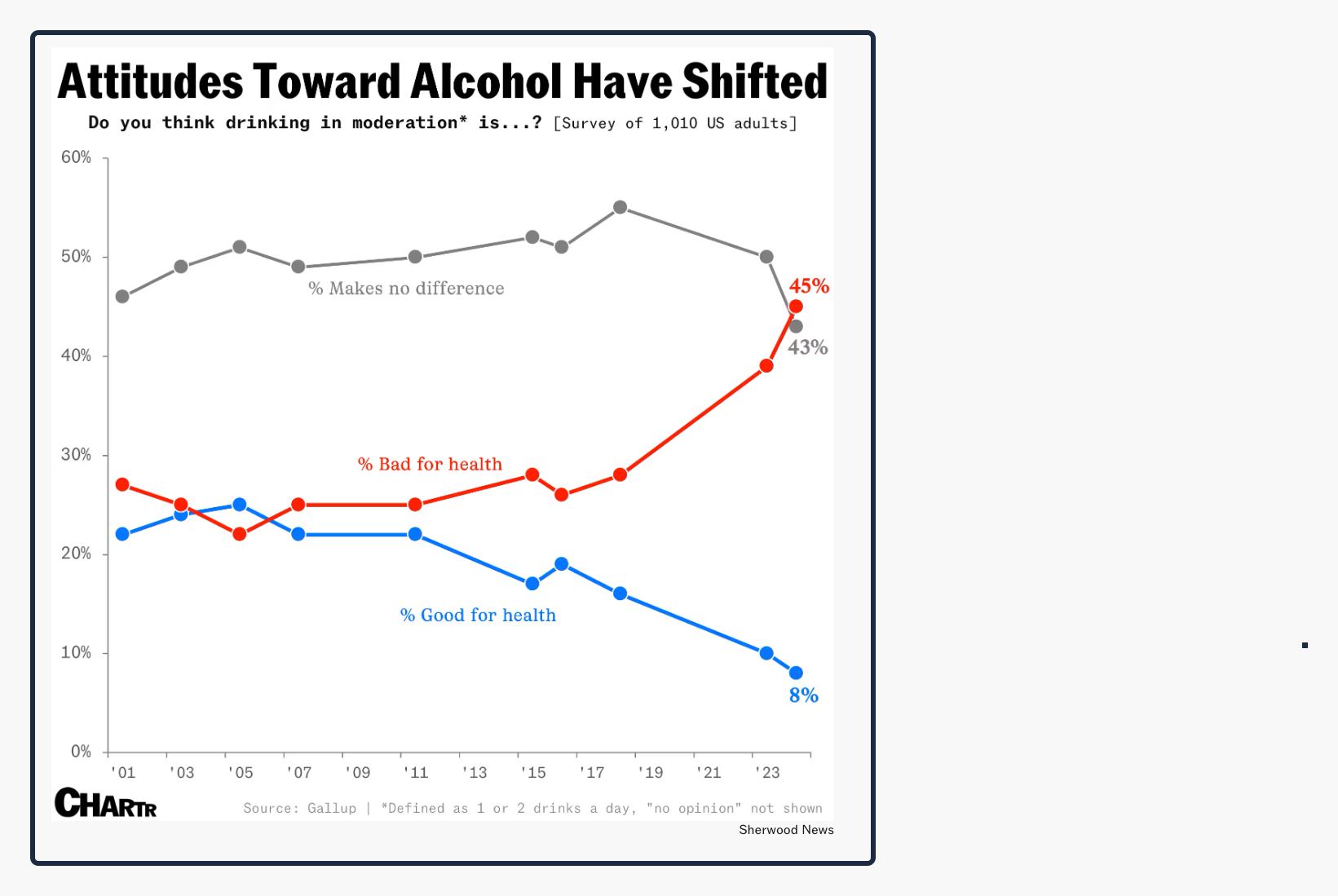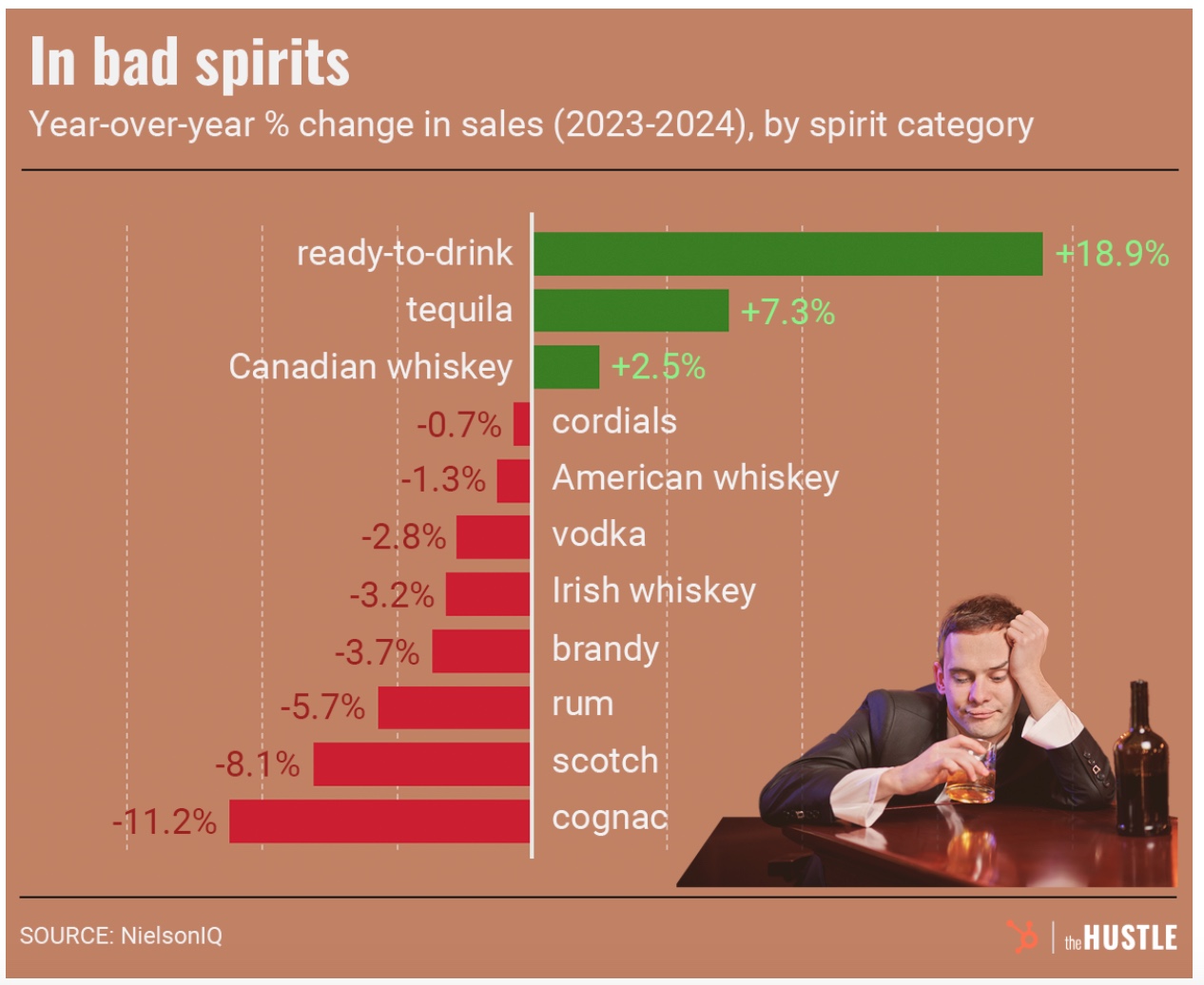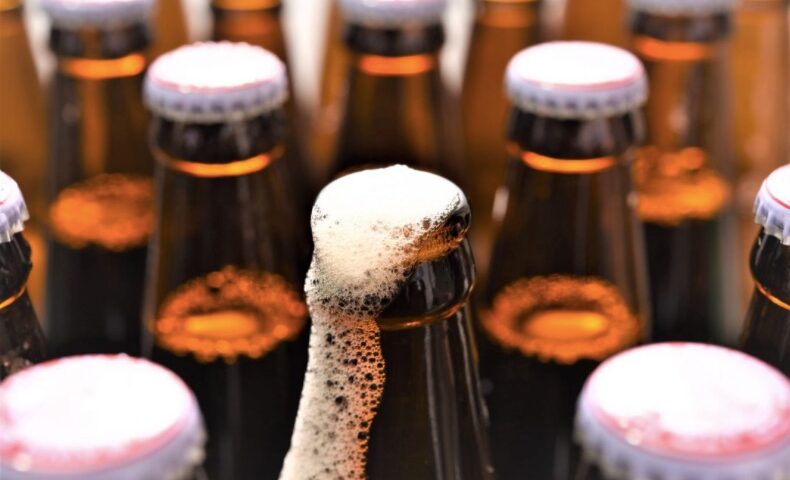
How the Young and the Old Will Shift Our Populations
September 18, 2025
September 2025 Friday’s e-links: Steve Carell’s Commencement Speech
September 19, 2025We’ve just learned that wild chimpanzees enjoyed (the equivalent of) a daily bottle of beer.
This is the story…and more.
Alcohol Consumption
Wild Chimpanzees
Researchers from the University of California, Berkeley recently observed wild chimpanzees’ fruit consumption in Uganda and the Ivory Coast. Fermented, the fruits they ate–like figs and plums–contained approximately 14 grams of ethanol. Because the chimps selected the fruit with the most alcohol content, scientists concluded they had a taste for lager.
They also suggest that our taste for alcohol could have evolutionary roots. Not only did the taste appeal to our primate relatives but perhaps also they enjoyed gathering and eating the fruit with their chimp “friends.” Completing the picture, another scientist pointed out that surely the chimps were not so tipsy (if at all) that their survival was threatened.
Humans
Human have been consuming less alcohol:

As a result, from December 1994 to December 2024, retail sales at beer, wine, and liquor stores have climbed and then decreased.
NielsonIQ reports the reversal began in 2023:

Were we to have added global wine consumption to this Hustle graph, the decrease would have been 3.3 percent.
Our Bottom Line: Externalities
Defined as the impact of a policy or decision on a bystander, an externality can be positive or negative. Examples of positive externalities usually include the impact of vaccines or education. With vaccines, when enough people receive them, all of us remain healthy. For education, a more literate population spurs the economic growth that all can enjoy. As for the negatives, we can cite the impact of the air pollution a factory creates. Unhealthy air sickens many who have no connection to its creation.
With less drinking, we have a mixture of externalities. Ranging from descending stock prices, decreasing retail sales, and job creation to better health, less alcohol consumption ripples through our everyday lives in multiple ways.
We can only wonder about the externalities created by wild chimpanzees’ “drinking habits.”
My sources and more: Again, the BBC’s World Business Report alerted me to a good story. From there, for the human side, we went to Sherwood News/Chartr, Decanter, and the St Louis Fed’s FRED.
![econlifelogotrademarkedwebsitelogo[1]](/wp-content/uploads/2024/05/econlifelogotrademarkedwebsitelogo1.png#100878)




